
Modi, Yunus Hold First Bilateral Talks Since Political Shift in Bangladesh
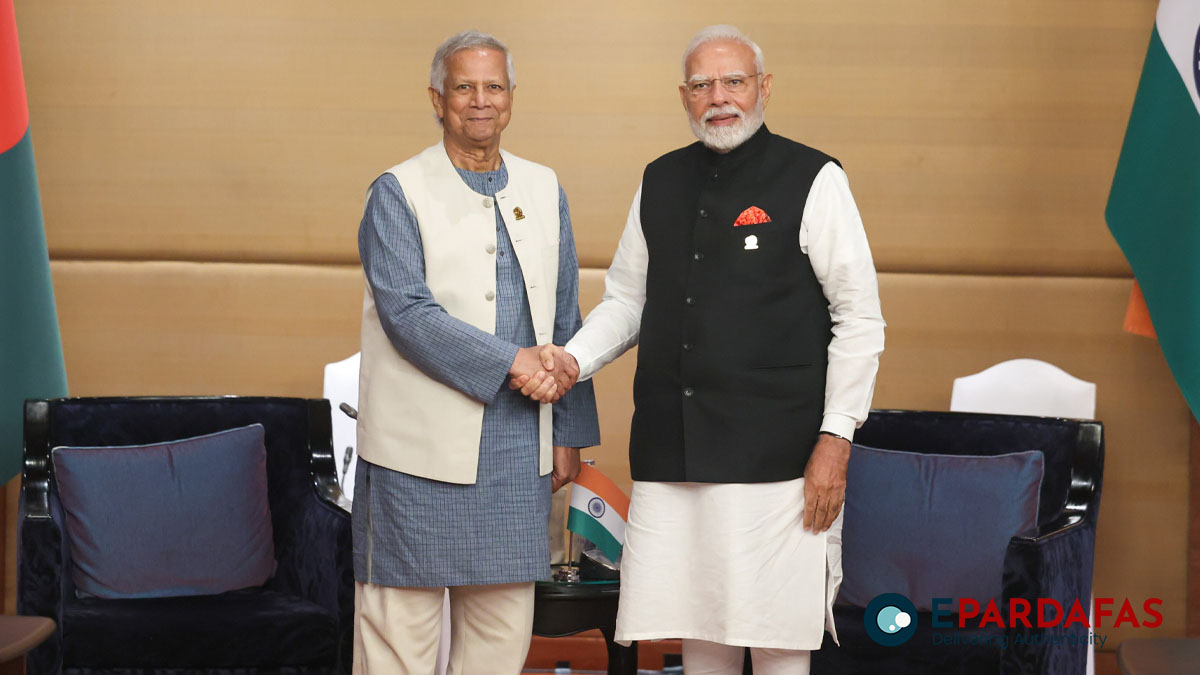
Indian Prime Minister Narendra Modi met with Bangladeshi leader Muhammad Yunus on Friday, marking the first official dialogue between the two neighbours since a dramatic political transition in Dhaka altered longstanding bilateral ties.
The meeting, held on the sidelines of the BIMSTEC Summit in Bangkok, comes after months of strained relations following the ousting of India’s long-time ally Sheikh Hasina in August 2024. Hasina, who had governed Bangladesh for over a decade, was removed in a student-led uprising and later fled to India. Nobel Peace Prize laureate Muhammad Yunus, 84, subsequently took charge as head of the caretaker government in Dhaka.
Bangladesh’s pivot away from India under Yunus’s leadership has included warming ties with China and Pakistan, India’s key regional rivals. Tensions further escalated when Yunus made his first official state visit to Beijing last month, bypassing New Delhi.
The diplomatic strain has been evident in public exchanges between officials of both countries. India has accused Bangladesh’s interim government of failing to safeguard minority Hindu communities, allegations that Dhaka has firmly rejected.
Despite the strained backdrop, Friday’s meeting appeared cordial. Yunus posted a photo on social media of him shaking hands with Modi, accompanied by a framed photograph from 2015 when the Indian Prime Minister awarded him a gold medal for his contributions to poverty alleviation through microfinance. His press secretary, Shafiqul Alam, described the talks as “constructive, productive, and fruitful.”
While New Delhi has not yet released a formal statement, the meeting signifies a possible thaw in ties between the two South Asian neighbours.
During the discussion, Yunus reportedly raised several key issues, including Dhaka’s concerns over border violence and the management of shared river waters, particularly the Ganges and Brahmaputra. He also addressed his government’s formal request to India for the extradition of former Prime Minister Hasina, who faces multiple charges in Bangladesh, including mass murder and crimes against humanity linked to the violent crackdown that preceded her ousting.
Hasina has denied the charges and continues to reside in India, which has yet to respond to the extradition demand.
Yunus also used the opportunity to reaffirm his government’s commitment to democratic reforms. The current caretaker administration is overseeing a transitional period, with national elections scheduled for June 2026.
Though the two leaders shared dinner the previous evening alongside other BIMSTEC heads of state, Friday’s bilateral dialogue marks the first direct conversation between them since the regional power dynamic began shifting last year.
- High-Level Commission Calls for Sweeping Legal and Institutional Reforms to Revive Nepal’s Economy
- High-Level Commission Recommends Investment-Friendly Reforms and Lowering Production Costs
- Fugitive Durga Prasai Arrested in Jhapa, Being Transferred to Kathmandu
- President Paudel Extends Greetings on Mahavir Jayanti


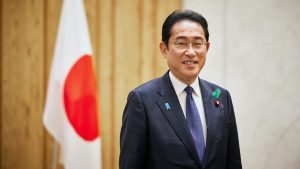

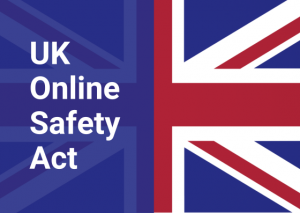





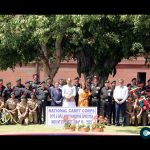
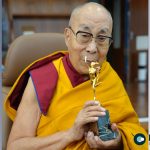
Comments